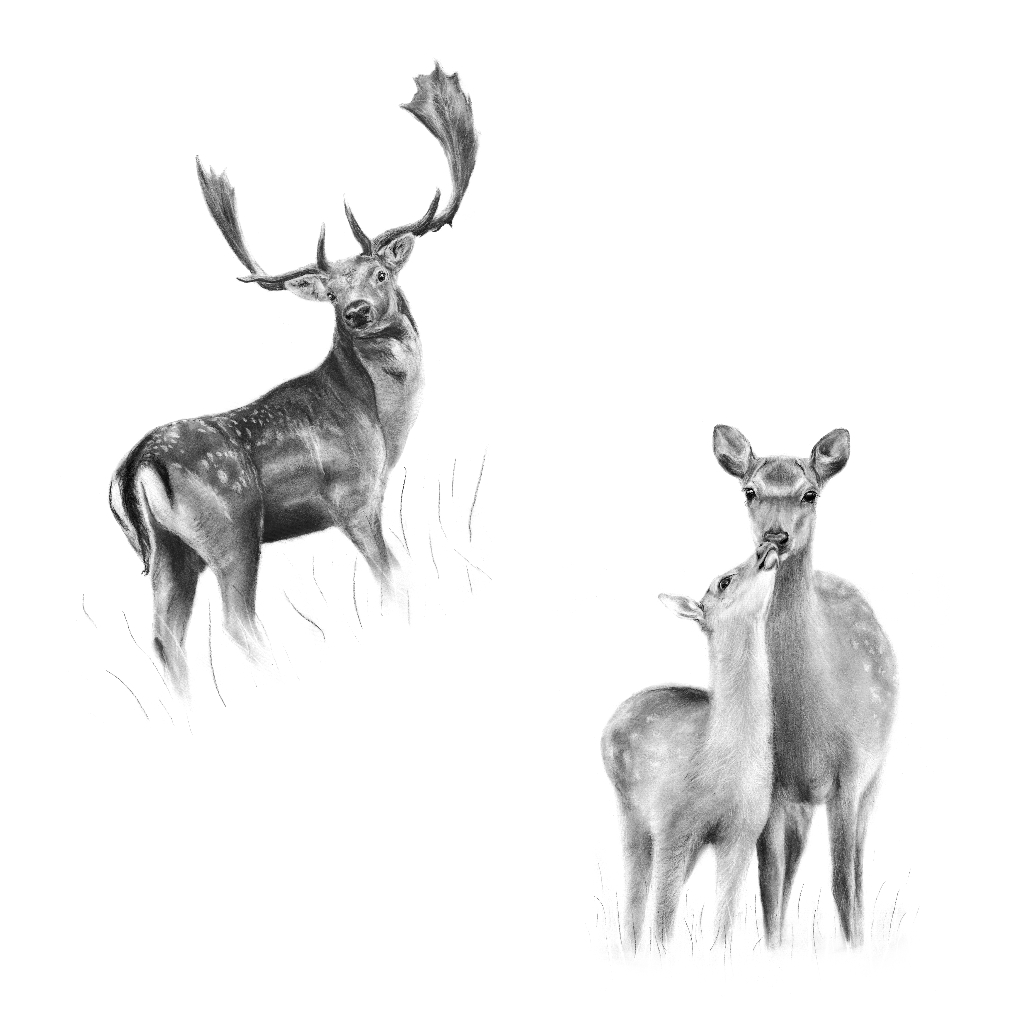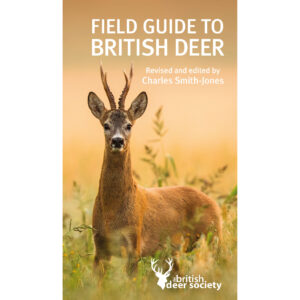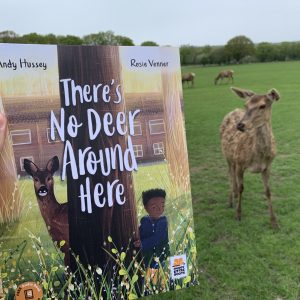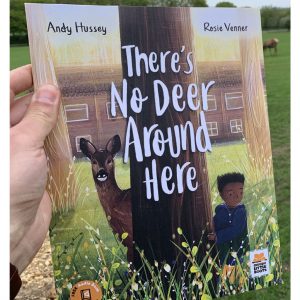Plastic Pollution Threatens Deer
Share article:
Article by:
Laura McMahon, Marketing Manager, British Deer Society
Plastic Pollution Threatens Deer: A Call to Action on Earth Day 2024
In recent years, alarming incidents have highlighted the devastating impact of plastic pollution on deer. In November 2019, near Khun Sathan National Park in Thailand, a deer was discovered dead due to gastrointestinal obstruction caused by a staggering 7 kilograms of plastic waste lodged in its stomach. Despite plastic bans within national parks, littering persisted in the surrounding areas, posing lethal risks to unsuspecting wildlife.
Similarly, Japan’s iconic Nara deer population has suffered from the consequences of plastic pollution. Tourists, enchanted by these majestic creatures, often engage in feeding activities, unknowingly introducing plastic waste into their environment. Reports reveal that several deer have perished due to ingesting significant amounts of plastic, leading to starvation and irreparable harm to their health.
Plastic’s Grip on UK Deer
The detrimental effects of plastic pollution extend to Europe, and deer in the United Kingdom have been just as badly affected. Deer are naturally curious animals that often sample unusual objects and a wide variety of plastic items, including bags, baling twine, and cartridge cases, have been found in the stomachs of dead deer. Even in the Royal Parks, and despite regulations prohibiting feeding, visitors continue to offer unsuitable food to these creatures, at the same time inadvertently exposing them to plastic-laden picnics and teaching them to associate plastic packaging with food. This hazardous interaction disrupts the natural behaviour of deer and seriously endangers their well-being, with potential fatalities resulting from gastrointestinal blockages.
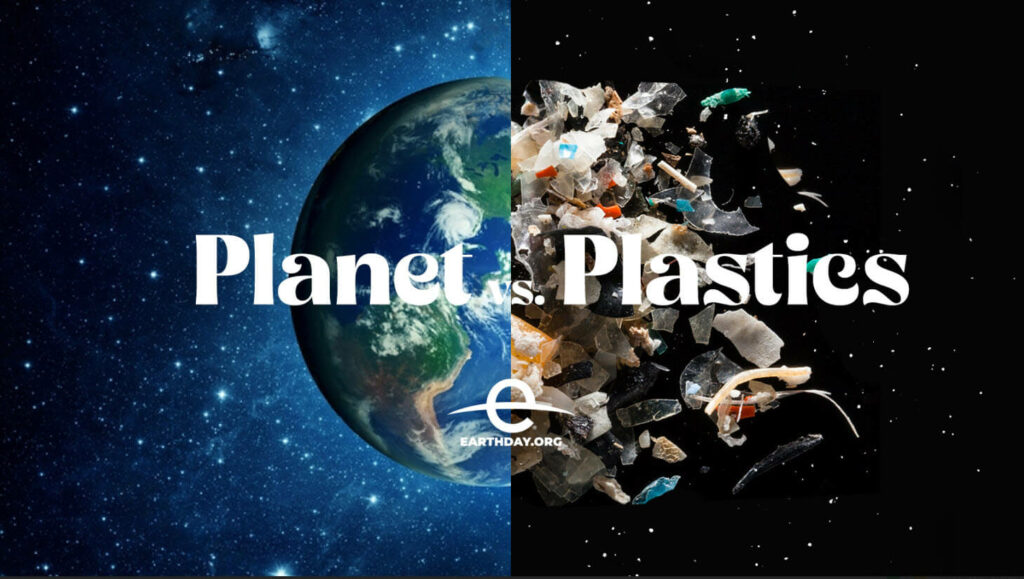
Earth Day 2024: Planet vs Plastics
As we commemorate Earth Day 2024 under the theme “Planet vs Plastics,” the urgent need to address plastic pollution’s impact on wildlife cannot be overstated. To mitigate against this pressing environmental threat, stringent enforcement of regulations and public education campaigns are essential. By promoting responsible waste management practices and advocating for plastic alternatives, we can safeguard the habitats of deer and minimise their exposure to harmful debris.
The Dangers of Litter to Deer: A Call for Responsible Waste Disposal
While plastic pollution poses a significant threat, littering on roadsides exacerbates the dangers faced by wild deer. National Highways and its partners have launched a campaign in February of this year urging road users to ‘Lend a paw – bin your litter’ after revealing that over 10,000 animals have been injured, trapped, or killed by discarded litter in the past three years.
Despite efforts to raise awareness, many road users remain unaware of the lethal consequences of littering for wildlife, including deer. Even organic waste like fruit peel and apple cores, which may seem harmless, can attract animals closer to the danger of busy roads. The campaign aims to educate the public about the link between littering and wildlife endangerment, emphasising the importance of responsible waste disposal.
Raising Awareness and Taking Action
As we strive to protect deer from hazards like plastic pollution and protect wildlife, collective action is essential. By fostering a culture of responsible waste disposal and advocating for sustainable practices, we can ensure a safer, healthier environment for us all.
FIND OUT MORE
The British Deer Society is a charity working to improve awareness and understanding about deer, deer welfare and deer management. You can add your voice today by:






